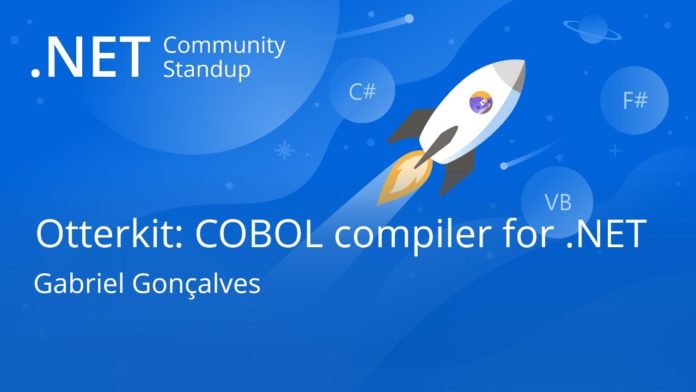Otterkit functions by converting COBOL code into C#.NET code and turning it into a typical.NET executable.
Running on the.NET platform, Otterkit is a free and open source compiler for the COBOL programming language. It is being developed to implement the COBOL 2023 standard and is currently at the alpha level.
On GitHub, the project was introduced in November 2022. Gabriel Gonçalves, a front-end developer from Rio de Janeiro, Brazil, is the project’s principal developer. There are currently two additional developers working on the project actively. The project’s inspiration, according to Gonçalves, was:
“Strangely enough, the COBOL Standard itself inspired us to work on a modern Standard COBOL compiler. There are a ton of nice features and improvements in the newer standards that are not available with current compilers, mostly due to vendors focusing too much on legacy support. We probably would never know that COBOL supports generic classes and interfaces if it wasn’t for the COBOL Standard. I’d say that it still has a place in a modern ecosystem if you’re willing to leave the legacy stuff behind.”
The project is still in its infancy. The COBOL code syntax is only partially implemented in the current version, 1.0.45-alpha. It is made available as a NuGet package for the.NET 7 runtime and may be installed using the dotnet tool CLI from the command line. The new command tool otterkit, which can create.NET executable files from COBOL source code, is an addition.
An outdated programming language called COBOL was developed in 1959 by the CODASYL committee of the US government. It is still frequently utilised in ATM processing software and banking systems, nevertheless. Three times as many COBOL lines as previously believed are currently in use, at an estimated 800 billion.
The.NET community now has higher expectations because of the project. Together with Bill Wagner and Immo Landwerth from the Microsoft.NET team, the principal developer presented the Otterkit at the regular.NET Languages and Runtime Community Standup in early February 2023, which was webcast and filmed on YouTube.












































































